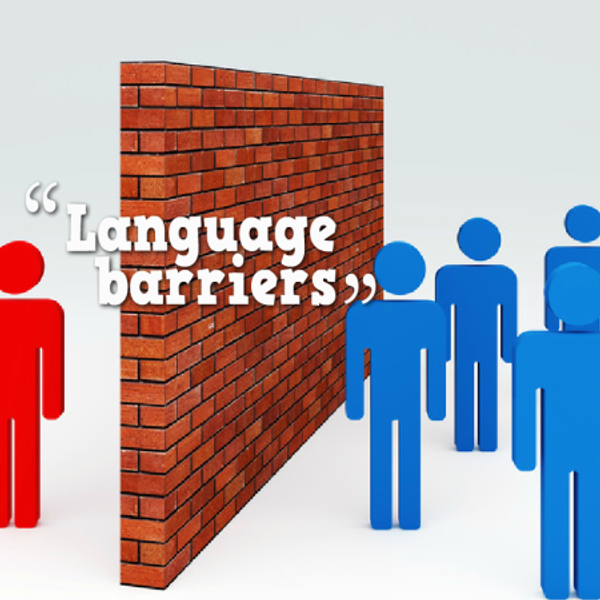The United States ranks number eight on the human development index, which is explained as “a composite index measuring average achievement in three basic dimensions of human development-a long and healthy life, knowledge and a decent standard of living”.
Despite ranking among the most developed countries, United States kids are falling behind academically, due to the emphasis on test scores. Programs such as No Child Left Behind have forced schools to push children through the system, with or without the skills they were expected to learn. In addition, unprecedented cuts to education spending decrease the abilities of schools. Cutting extra-curricular programming and non-academic classes saves schools money, but minimizes the education experience of students at every level.
The Organization for Economic Cooperation & Development found in their 2009 Program for International Student Assessment that U.S. students ranked 25th among 34 countries in math and science, behind nations like China, Singapore, South Korea, Hong Kong and Finland. Since then, the gap has widened and can be seen in everyday measures, such as languages taught and adult literacy rates.
Compared to other nations, whose rank on the human development index is much lower, the United States has unimpressive statistics. How can one of the most industrialized nations in the world hope to hold that status if its students are so far behind in math and science? It’s no wonder that the US outsources much of its labor and now its STEM work to other nations.
Beyond those subjects, United States kids are also failing. Moroccan students speak a minimum of four languages by their entry to high school. Those that enter higher education also take on English and possibly a European language. In spite of barriers to education and infrastructural deficit, approximately 80 percent of adults are literate in Arabic – the main language of Morocco – and fluent in French. Morocco ranks 126 of 177 on the human development index.
China, which falls at 90 on the index, boasts 95.1 percent adult literacy. Mandarin Chinese is one of the world’s most difficult languages to attain fluency. According to Street-Smart Language Learning, while being fluent in English only requires knowledge of 10,000 of words, one must know 21,000 characters for fluency in Chinese. Of course, the concept of fluency is dependent on what one hopes to achieve in a language. Street-Smart explained that 10,000 words is the average vocabulary of a native speaker with higher education in English and 21,000 characters is only one-fifth of the words used in Chinese. In addition to the two main languages – Mandarin and Cantonese – China still educates its students on the hundreds of regional dialects that make up the country, with most children averaging fluency in two languages by the completion of secondary school, and three languages by the completion of university.
In the United States, only approximately 86 percent of adults are literate and 25% of adults speak only one language. It is said that children who do not read at a fourth grade level by the time they complete that grade will not catch up in reading, which impedes their ability to learn in other subjects. Urban areas, such as Philadelphia and Washington D.C., are struggling with providing the education needed for the students as funding cuts make it even more difficult to stock schools with supplies, teachers and extracurricular support. For this reason, many adults will only ever attain a fifth or sixth grade reading level.
US schools have even less motivation to teach foreign languages, as they do not appear on standardized testing and cannot help schools get special funding. Most schools begin teaching foreign languages in high school, when most students are between the ages of 13 and 18. However, research has shown that the ability to learn foreign languages begins to fade by the age of 12. Grade schools that do allow students to take a foreign language often employ policies such as the English performance policy, which requires students to have A’s in several subjects to be allowed to take Spanish, or the limited learning policy, which only allows teachers to give students a basis of knowledge in a given language so they can continue study in high school. Neither of these policies or the hundreds of others that impede US children from learning second languages are serving anyone, least of all, the children.
The benefits of being a literate adult should speak for themselves, but the usefulness of a foreign language may be less apparent. While children from less developed nations, such as China and Morocco, can often go abroad for school and work, US students are limited to English-speaking nations. Also, as the United States grows more dependent on Spanish-speaking persons, even domestic jobs favor those who are bilingual. Aside from career opportunities, children who can speak and understand foreign languages have a wider base of entertainment to choose from: literature, movies, art, poetry, martial arts, sports, and the list goes on and on. In addition, math and science are employed in daily use and many high level fields. The U.S. education system is not preparing people for either.
But how can college students help to correct a system that is harming the next generation? First and foremost, by taking their own language and cultural studies seriously. Second, by passing on the knowledge they have learned. By tutoring, speaking to family and friends, studying abroad, developing an affinity for foreign art and sharing it, students have the ability to open their own minds and the minds of others. Third, by advocating for a superior system that will serve the current and the future students.





















